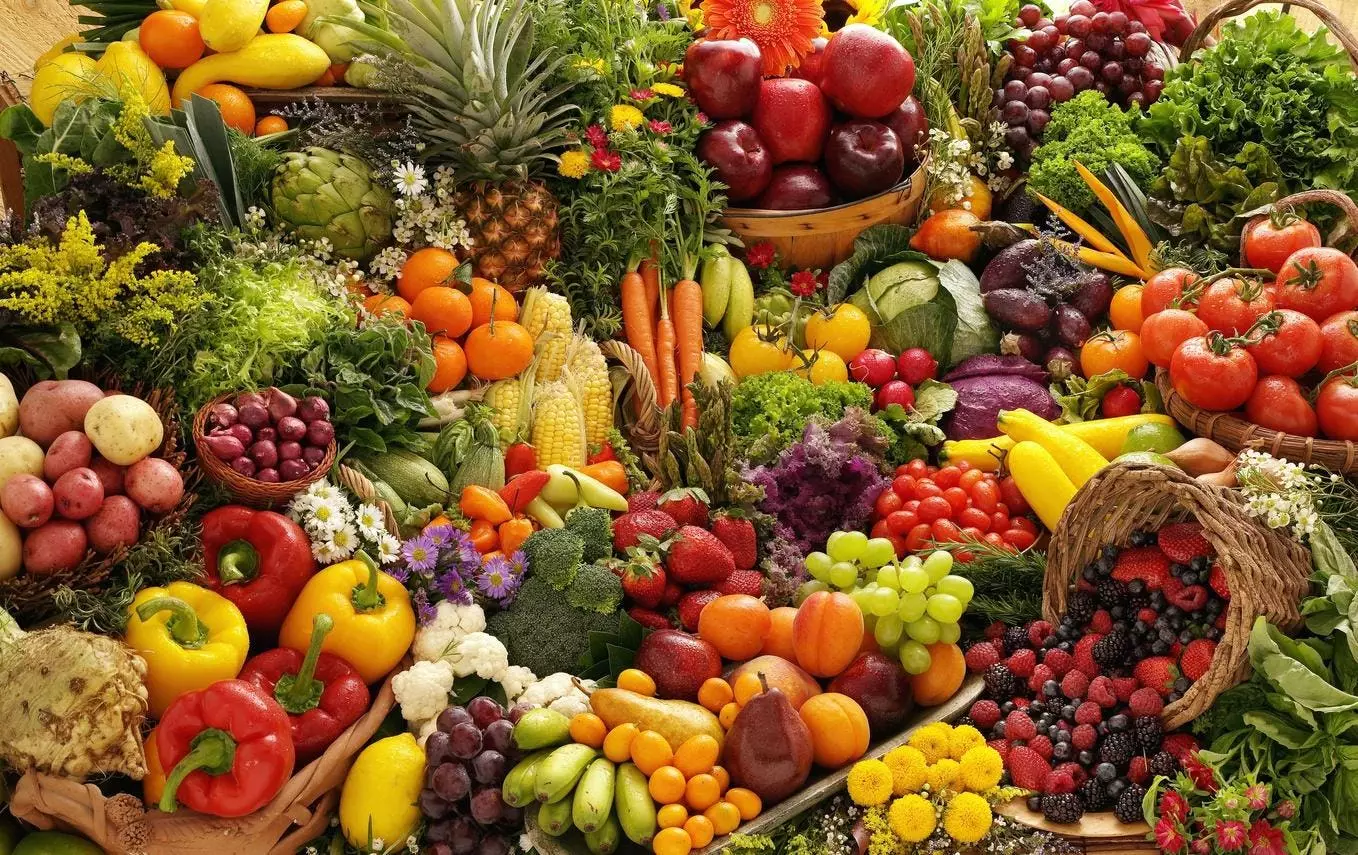In a nation celebrated for its abundance, it’s startling to realize that as much as 30-45% of the food supply in the United States is wasted, according to the FDA. This staggering statistic shines a light on a systemic flaw in the food industry that manifests not only in economic terms but also exacerbates issues of global hunger and environmental degradation. The implications of extant food waste extend far beyond the confines of grocery stores and landfills; they touch every facet of society and the ecosystem. Each ounce of food that goes unconsumed contributes to an unnecessary acceleration of greenhouse gas emissions, particularly when discarded items are deposited in landfills, where decomposition feeds harmful methane gases into the atmosphere.
Leaders in the food sector, like Hans Sauter of Fresh Del Monte Produce, stress the urgency of addressing this challenge comprehensively. It is essential to grasp the multifaceted nature of food waste, especially within produce sectors, which categorize waste into five distinct types: rotten food, ugly food, old food, excess food, and trimmed food. Such classifications help pinpoint where intervention strategies can be most effectively applied to reduce wastage.
Enhancing Awareness and Empowering Workers
While some degree of food waste remains inevitable, proactive measures to mitigate loss cannot merely be an afterthought; they must be woven into the fabric of operational practices. Fresh Del Monte’s approach has resonated well as they proactively engaged their workforce at the North Portland facility. By educating staff on the environmental and financial significance of food waste, they transformed workers into agents of change, empowering them to devise their own strategies for waste reduction.
This grassroots-level engagement has shown to be extraordinarily effective. The number of ideas generated by employees—an impressive 197 distinct suggestions—revealed not just a desire to contribute but also an intimate understanding of how their daily actions could lead to significant corporate outcomes and community benefits. This model highlights a critical shift in how businesses can leverage human insights to create effective waste management solutions.
Innovative Strategies for Significant Impact
One of the standout innovations arising from the employee engagement initiative was a simple yet powerful change to sorting processes that allowed for the recovery of 53.2% of otherwise wasted fruits. This “winning” idea, which improved the efficiency of fresh-cut packing operations, exemplifies the potential of operational changes driven by those directly involved in food handling. Such procedural adjustments not only enhance profitability but also cultivate a culture of sustainability within the workplace.
Moreover, this is not simply a singular success story; it represents a blueprint for other organizations within the food supply chain. The Pacific Coast Food Waste Commitment (PCFWC) gives a voice to the collective efforts of various stakeholders in California, Oregon, and Washington, creating a network of innovation and shared learning. With successful instances echoing through the organization, other food retailers are encouraged to adopt similar models, fostering a pre-competitive spirit that actionably addresses food waste challenges.
The Ripple Effect of Community Involvement
The implications of employee-driven initiatives extend beyond operational lines into community engagement. When workers understand food waste’s connection to wider societal challenges, such as climate change and food insecurity, their motivation grows exponentially. As noted by Sauter and Pearson, taking the initiative to empower employees creates a ripple effect—one where both personal investment and broader community awareness coalesce to create impactful solutions.
Moreover, by allowing employees to lead brainstorming sessions, companies cultivate an environment where ideas can flourish. Fresh Del Monte’s approach serves as a reminder that significant changes do not always require groundbreaking technologies; they can stem from the contributions of those closest to the issue. Through this method, they not only enhance waste management processes but strengthen the interpersonal connections within their teams.
In an era where sustainability is becoming non-negotiable, the food industry’s transformation must be embraced lips and bounds. The conversation about food waste cannot remain solely between organizations and their consumers; it should be an inclusive dialogue that involves every stakeholder, ultimately leading to a more sustainable and responsible food system. As innovations continue to unfold, the positive sentiment toward reducing food waste serves as a compelling reminder that the solutions lie within our reach.


Leave a Reply